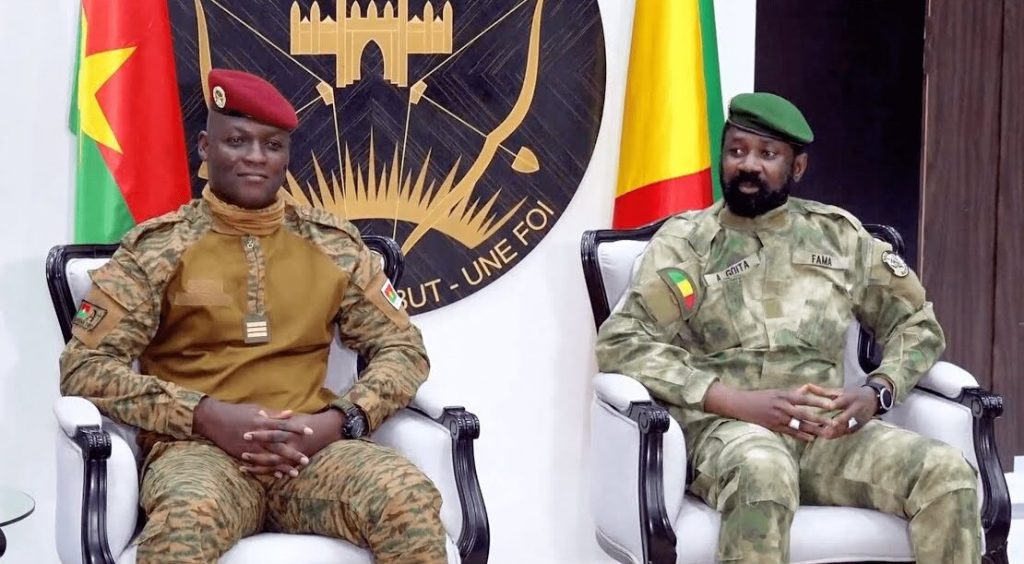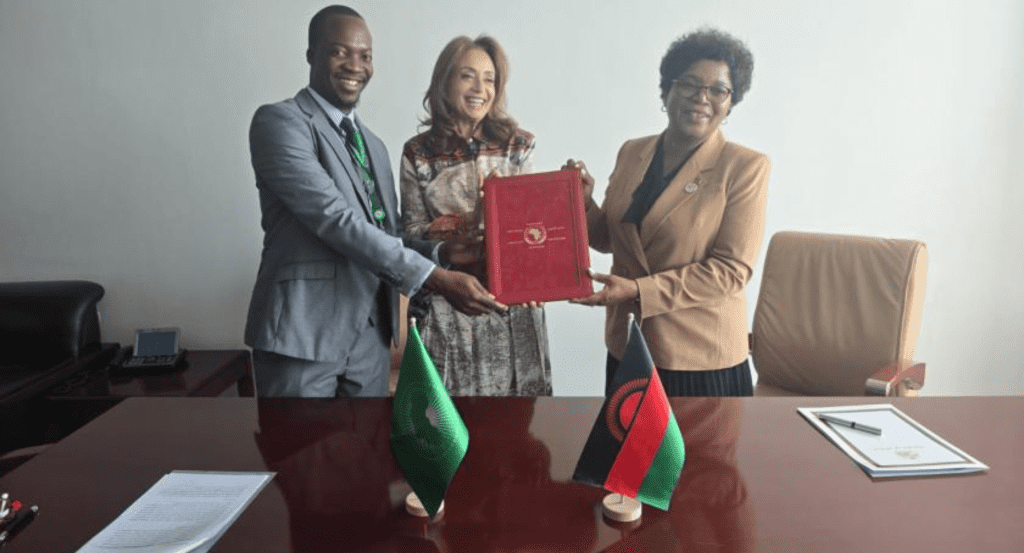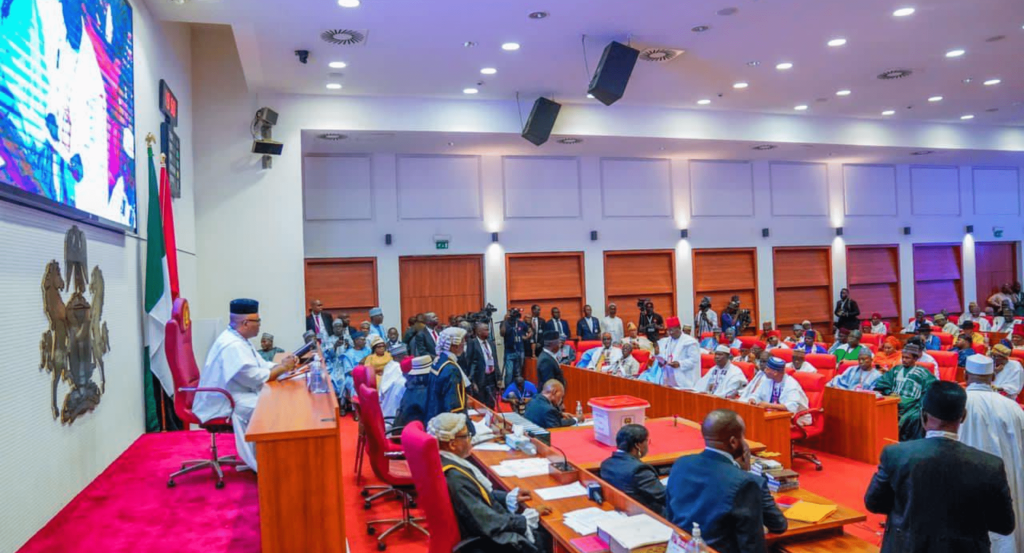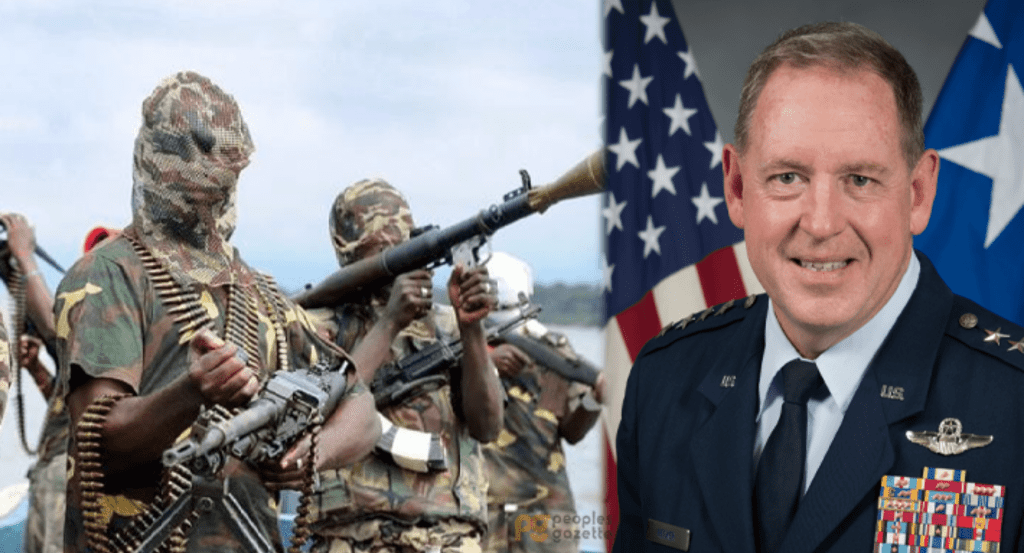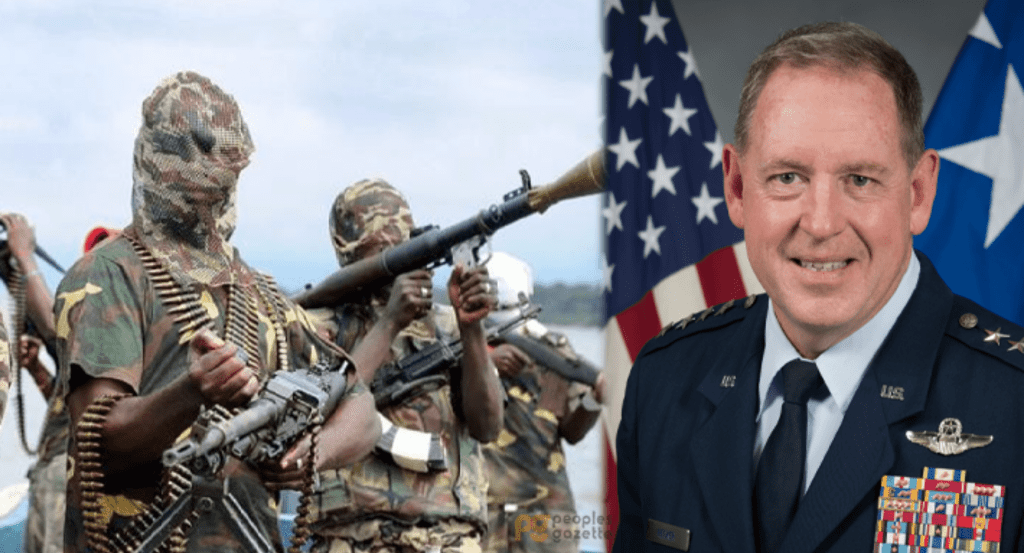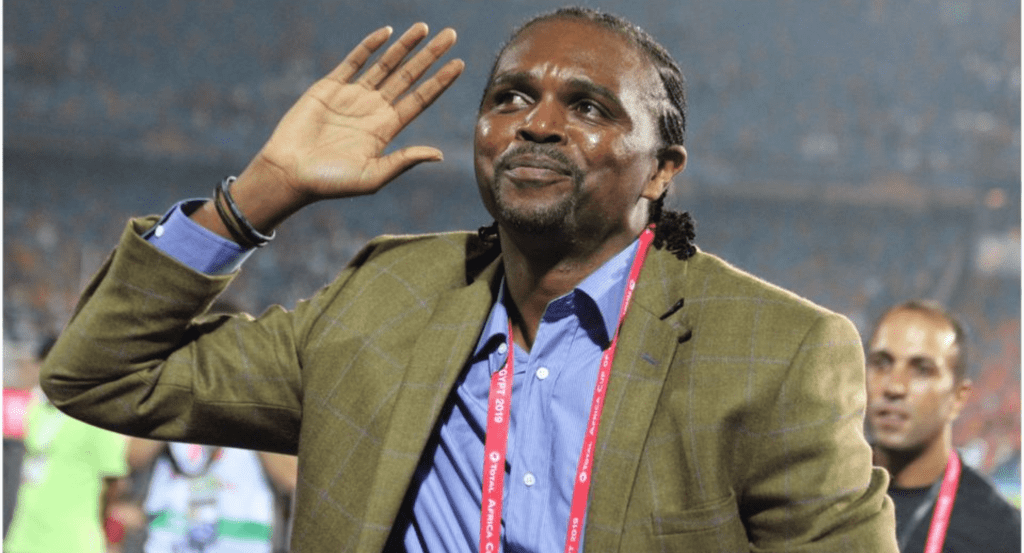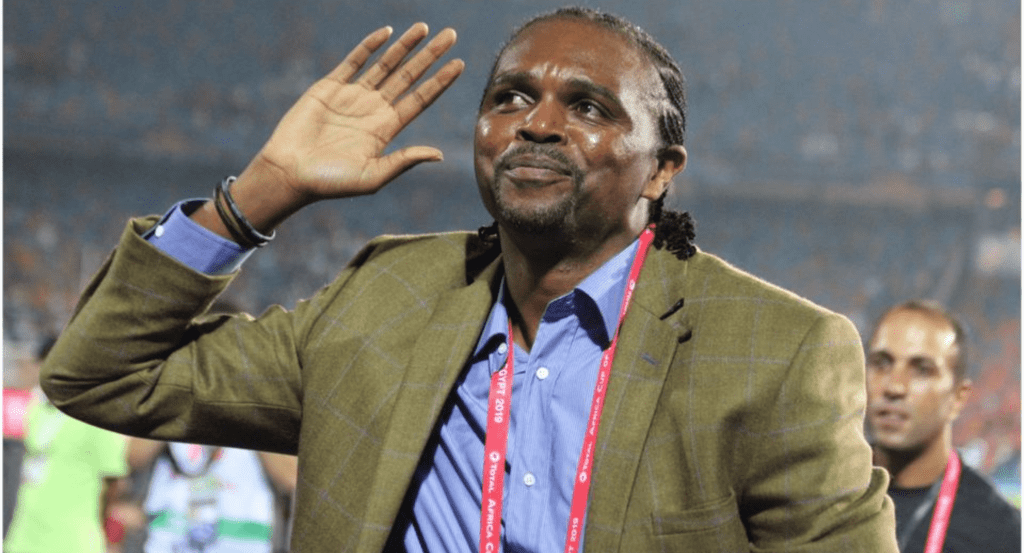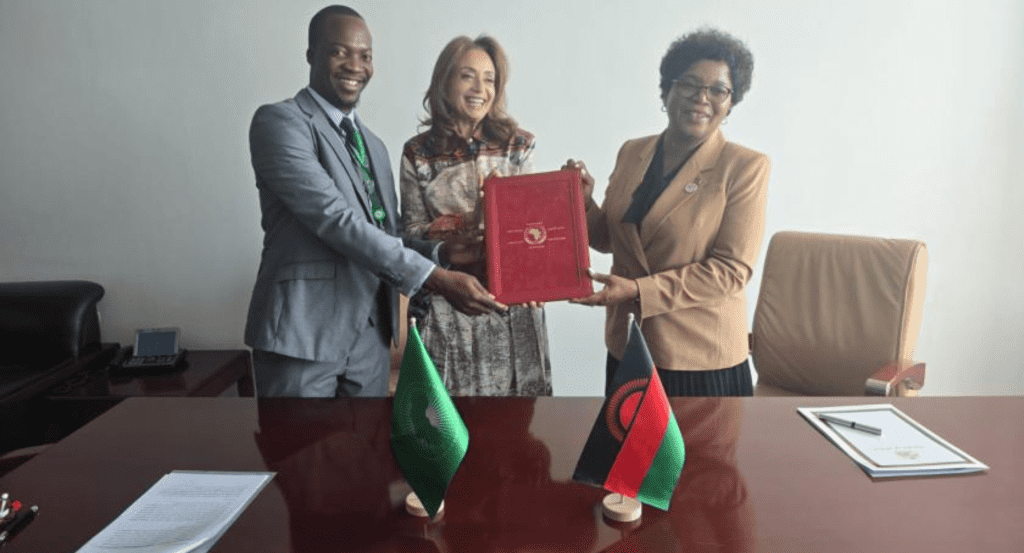Niger’s military junta has taken significant steps to strengthen its position, including authorizing troops from neighboring Mali and Burkina Faso to assist in its defense and asking the French ambassador to leave the country. This move has escalated tensions with other West African nations, particularly those in the ECOWAS bloc, which has threatened to use force to reinstate Niger’s democratically elected president, Mohamed Bazoum.
Brig. Gen. Abdrahmane Tchiani, the junta leader, signed executive orders allowing the military forces of Burkina Faso and Mali to intervene in Niger if the country is attacked. Oumarou Ibrahim Sidi, a senior official in the junta, announced this decision after meeting with representatives from the two neighboring countries in Niger’s capital, Niamey. Both Burkina Faso and Mali have military regimes that have warned any ECOWAS intervention in Niger would be considered an act of war against their nations.
In a separate but related development, the Nigerien Ministry of Foreign Affairs sent a letter to the French ambassador, Sylvain Itte, demanding he leave the country within 48 hours. The letter accused him of ignoring an invitation for a meeting and engaging in actions contrary to Niger’s interests. France, however, continues to recognize only President Bazoum’s authority and reiterated that only Niger’s legitimate elected leaders could decide the ambassador’s fate.
The junta’s actions, including inviting military support from Mali and Burkina Faso and expelling the French ambassador, demonstrate a strong anti-Western stance and a commitment to authoritarian rule, according to Nate Allen, a professor at the Africa Center for Strategic Studies.
Before the coup that ousted President Bazoum on July 26, Niger was considered a key partner for the West in combating jihadi violence in the Sahel region, despite growing anti-French sentiment in the area. Following the coup, the French Embassy in Niamey was attacked, and the junta sought help from the Russian private military company Wagner to deal with extremist threats. However, the status of that request is uncertain, especially after the death of Wagner’s founder, Yevgeny Prigozhin.
ECOWAS has maintained its stance against the use of private military contractors and reiterated its readiness to use force to restore democracy in Niger. Eleven out of the 15 ECOWAS member countries have expressed willingness to deploy troops to reinstate Bazoum, though the timing of any military intervention remains undecided. The bloc continues to explore diplomatic solutions, with the latest effort involving a delegation of Islamic leaders sent by Nigerian President Bola Tinubu to negotiate with the junta.
In addition to these regional efforts, the U.S. Millennium Challenge Corporation has suspended operations in Niger, citing the coup as being contrary to democratic principles. Since 2008, the agency had invested $750 million in Niger to improve agriculture, women’s literacy, and infrastructure. Meanwhile, existing sanctions by ECOWAS and other Western nations, including border closures and electricity cuts, have caused severe socio-economic problems in Niger. However, ECOWAS insists these measures are in the best interest of the Nigerien people.
The situation in Niger remains tense, with the junta’s defiance of international pressure and its alignment with like-minded regimes in Mali and Burkina Faso further complicating the prospects for a peaceful resolution.


